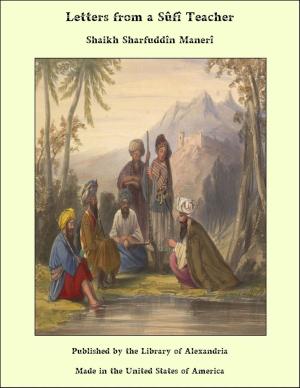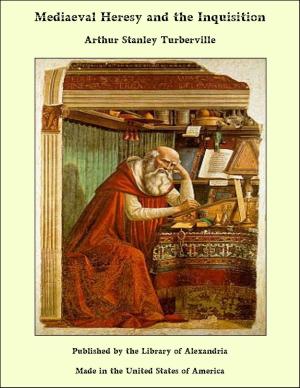The History of England (Complete)
Nonfiction, Religion & Spirituality, New Age, History, Fiction & Literature| Author: | David Hume & T. Smollett & Edward Farr & E. H. Nolan | ISBN: | 9781465586292 |
| Publisher: | Library of Alexandria | Publication: | March 8, 2015 |
| Imprint: | Language: | English |
| Author: | David Hume & T. Smollett & Edward Farr & E. H. Nolan |
| ISBN: | 9781465586292 |
| Publisher: | Library of Alexandria |
| Publication: | March 8, 2015 |
| Imprint: | |
| Language: | English |
The curiosity, entertained by all civilized nations, of inquiring into the exploits and adventures of their ancestors, commonly excites a regret that the history of remote ages should always be so much involved in obscurity, uncertainty, and contradiction. Ingenious men, possessed of leisure, are apt to push their researches beyond the period in which literary monuments are framed or preserved; without reflecting that the history of past events is immediately lost or disfigured when intrusted to memory or oral tradition; and that the adventures of barbarous nations, even if they were recorded, could afford little or no entertainment to men born in a more cultivated age. The convulsions of a civilized state usually compose the most instructive and most interesting part of its history; but the sudden, violent, and unprepared revolutions incident to barbarians are so much guided by caprice, and terminate so often in cruelty, that they disgust us by the uniformity of their appearance; and it is rather fortunate for letters that they are buried in silence and oblivion. The only certain means by which nations can indulge their curiosity in researches concerning their remote origin, is to consider the language, manners, and customs of their ancestors, and to compare them with those of the neighbouring nations. The fables which are commonly employed to supply the place of true history ought entirely to be disregarded; or if any exception be admitted to this general rule, it can only be in favour of the ancient Grecian fictions, which are so celebrated and so agreeable, that they will ever be the objects of the attention of mankind. Neglecting, therefore, all traditions, or rather tales, concerning the more early history of Britain, we shall only consider the state of the inhabitants as it appeared to the Romans on their invasion of this country: we shall briefly run over the events which attended the conquest made by that empire, as belonging more to Roman than British story: we shall hasten through the obscure and uninteresting period of Saxon annals: and shall reserve a more full narration for those times when the truth is both so well ascertained and so complete as to promise entertainment and instruction to the reader.
The curiosity, entertained by all civilized nations, of inquiring into the exploits and adventures of their ancestors, commonly excites a regret that the history of remote ages should always be so much involved in obscurity, uncertainty, and contradiction. Ingenious men, possessed of leisure, are apt to push their researches beyond the period in which literary monuments are framed or preserved; without reflecting that the history of past events is immediately lost or disfigured when intrusted to memory or oral tradition; and that the adventures of barbarous nations, even if they were recorded, could afford little or no entertainment to men born in a more cultivated age. The convulsions of a civilized state usually compose the most instructive and most interesting part of its history; but the sudden, violent, and unprepared revolutions incident to barbarians are so much guided by caprice, and terminate so often in cruelty, that they disgust us by the uniformity of their appearance; and it is rather fortunate for letters that they are buried in silence and oblivion. The only certain means by which nations can indulge their curiosity in researches concerning their remote origin, is to consider the language, manners, and customs of their ancestors, and to compare them with those of the neighbouring nations. The fables which are commonly employed to supply the place of true history ought entirely to be disregarded; or if any exception be admitted to this general rule, it can only be in favour of the ancient Grecian fictions, which are so celebrated and so agreeable, that they will ever be the objects of the attention of mankind. Neglecting, therefore, all traditions, or rather tales, concerning the more early history of Britain, we shall only consider the state of the inhabitants as it appeared to the Romans on their invasion of this country: we shall briefly run over the events which attended the conquest made by that empire, as belonging more to Roman than British story: we shall hasten through the obscure and uninteresting period of Saxon annals: and shall reserve a more full narration for those times when the truth is both so well ascertained and so complete as to promise entertainment and instruction to the reader.















